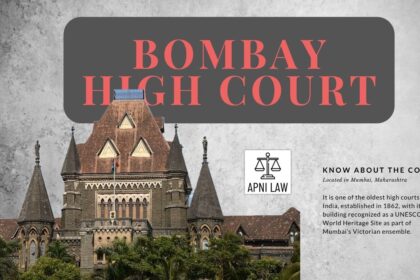Code
(1) Whenever a Magistrate is of opinion, after hearing the evidence for the prosecution and the accused, that the accused is guilty, and that he ought to receive a punishment different in kind from, or more severe than, that which such Magistrate is empowered to inflict, or, being a Magistrate of the second class, is of opinion that the accused ought to be required to execute a bond under section 106, he may record the opinion and submit his proceedings, and forward the accused, to the Chief Judicial Magistrate to whom he is subordinate.
(2) When more accused than one are being tried together, and the Magistrate considers it necessary to proceed under sub-section (1), in regard to any of such accused, he shall forward all the accused, who are in his opinion guilty, to the Chief Judicial Magistrate.
(3) The Chief Judicial Magistrate to whom the proceedings are submitted may, if he thinks fit, examine the parties and recall and examine any witness who has already given evidence in the case and may call for and take any further evidence and shall pass such judgment, sentence or order in the case as he thinks fit, and is according to law.
Explanation
This section empowers a Magistrate to refer a sentence passed by him or her to a higher court for confirmation. This is done in situations where the Magistrate believes that the sentence may be inappropriate or inadequate, given the nature of the offense and the circumstances of the case.
The Magistrate can refer the sentence for confirmation if the sentence is one of:
- Imprisonment for a term exceeding two years;
- Fine exceeding Rs. 1,000;
- Any other punishment which the Magistrate considers fit to be referred.
The Magistrate must record the reasons for referring the sentence in writing.
Illustration
Imagine a Magistrate convicts a person for theft and sentences him to 3 years of imprisonment. However, the Magistrate feels that the sentence might be too lenient given the gravity of the offense and the circumstances of the case. In such a situation, the Magistrate can refer the sentence to a higher court for confirmation.
Common Questions and Answers
Q: Who has the power to refer a sentence under Section 325 CrPC?
A: A Magistrate.
Q: When can a Magistrate refer a sentence?
A: When the Magistrate believes the sentence may be inappropriate or inadequate, given the nature of the offense and the circumstances of the case.
Q: What are the types of sentences that can be referred?
A: Imprisonment exceeding 2 years, fine exceeding Rs. 1,000, or any other punishment the Magistrate deems fit.
Q: Is there any time limit for referring a sentence?
A: No, there is no specific time limit mentioned in the law.
Q: What happens after a sentence is referred?
A: The higher court will examine the sentence and either confirm it, modify it, or set it aside.







